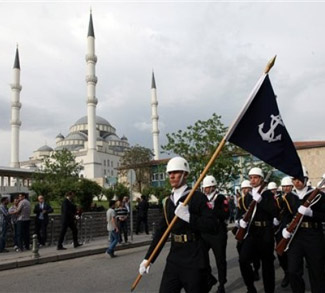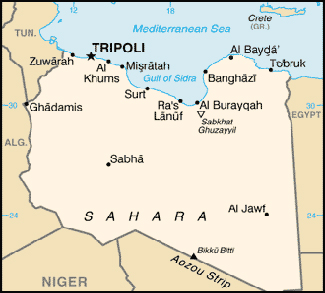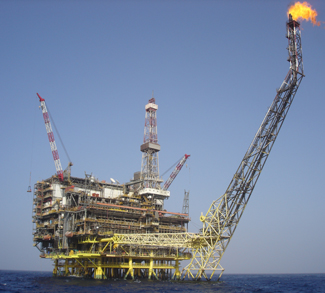Summary
Few were surprised to see that Nigeria’s ruling party, the People’s Democratic Party or PDP, won Saturday’s gubernatorial election in Bayelsa State. The PDP controls not only the presidency but also a super-majority of the nation’s governors’ seats, and it has dominated Bayelsa politics since Nigeria’s Fourth Republic began in 1999. The victor in Bayelsa, Henry Seriake Dickson, had the strong support of President Goodluck Jonathan.
Analysis
Bayelsa, which lies in the Niger Delta, has faced not only political tension but also renewed violence, some of which is electoral, some of which targets the oil industry, and all of which is in some sense or another political. The election is now over, but that does not settle questions about where the politics of the region are headed.
For one thing, there are signs of discontent with the electoral process. Turnout was low. Minor clashes have occurred between rival partisans. And the deposed former governor of Bayelsa State, Timipre Sylva, is still awaiting a court date in April to determine whether or not he was unfairly prevented from running in this election. Somehow I doubt that Sylva will win the legal victory he seeks – but the wait for the hearing means that in some ways the election is not completely over, a feeling that could cast something over a shadow over the first two months of Dickson’s tenure.
More important still are the rumblings concerning the possibility of renewed militancy in the Delta. Fears focus in particular on the Movement for the Emancipation of the Niger Delta (MEND), whose attacks disrupted oil production in the region before some militants agreed to an amnesty deal with the Federal Government in 2009. MEND has claimed a recent pipeline attack as a well as the bombing of the home of the Minister of Niger-Delta, Elder Peter Godsday Orubebe.
According to MEND’s recent statements, the fresh attacks have come about for a number of reasons, including the alleged incompetence of President Jonathan, the alleged corruption of the government, and what MEND sees as the misguided use of amnesty funds. One of MEND’s communications reads in part, “Rather than address serious issues facing the nation and its citizens, Goodluck Jonathan squanders public funds on tribalistic sycophants and thugs calling themselves ex-militants.”
The discontent surrounding the question of who has benefited from the amnesty and who has not is critical. One analysis of the potential for renewed violence in the Delta elaborates:
The Presidency and security agents may have underrated the capacity of a group of ex-militants who claim that they were not included in the ‘largesse’, coming from the amnesty programme.
Their colleagues, enlisted in the programme, collect moneys from the federal government; each gets at least N65, 000 monthly (these are juniors); many others get far more than N65,000 monthly, depending on their closeness to ex-militant leaders and politicians across the Niger Delta region.
Some have received training abroad; some have been sent to schools abroad. Ex-militant leaders are those who commanded ‘troops’ and called themselves ‘Generals’ during the militancy era.
Many of them are millionaires now. They have access to the Presidency, top government officials and high profile establishments. The presidency pacifies the ex-militant leaders to sustain stability in the Niger Delta since the leaders are thought to have control over their foot soldiers.
Indeed, many of the ex-militant leaders like Asari Dokubo (from Rivers State) Ateke Tom (from Rivers) and Tom Polo (from Delta) as well as some others have significant influence over their ex-militant members. To welcome Ateke Tom who had stayed long in Abuja, his boys staged a big party recently in Rivers State.
The ex-militant leaders are however the envy of many youths now threatening fresh militancy. Some of them feel unsafe, that some of their boys could harm them. This is mainly because the leaders have become so rich, leaving behind some of their members in anguish.
The boys insist that they fought the wars while the leaders argue that they took higher risks of providing arms and being the main persons hunted by security men prior to the amnesty regime. Some of the youths (called boys by the ‘generals’), simply cannot feed now, others want to go to school, some want to be rich, some want to drive posh cars and fly on business class seats in airlines as most ex-militants do on domestic and international trips.
The whole piece is worth reading. If the diagnosis this and other analyses make is correct – namely, that there exists a class of former footsoldiers who received little or not benefit from the amnesty, and are angry enough over their exclusion to contemplate picking up weapons again – the violence seen in the lead-up to the gubernatorial election in Bayelsa could be just the beginning of another round of problems for the Delta.



